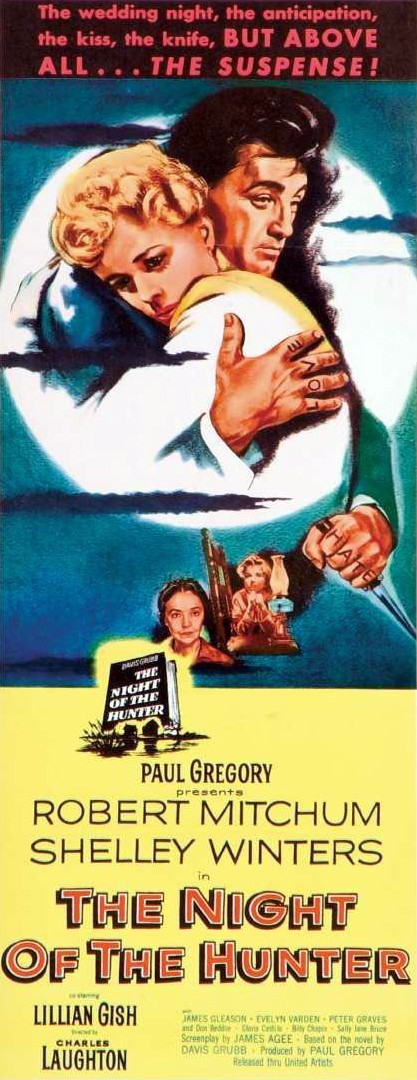There are simply too many remakes and sequels these days. Often they're half or most of what's on offer in major theaters (here are some illustrative figures). It's lazy and proof that audiences will settle for anything that is effectively packaged as a "major event" or "epic cinematic experience," however unoriginal or derivative it is. Movies should not have to be "epic" viral phenomena, cynical exercises in pure commercial nostalgia or the visual equivalent of an amusement park ride.
It's no mystery to anyone why this trend has become so pronounced. Major studios invest millions into these fucking movies. Producing something with proven market viability by tapping into the nostalgia or brand loyalty of an existing audience tends to be an extremely safe and reliable play, notwithstanding the occasional flop. But it sucks for people who want new stories -- and yes, i mean *really* new stories, with unfamiliar dramatic situations and characters -- or who recognize that many of the greatest stories ever told (by Hollywood) were really nothing like the live action video games that pass for movie storytelling now.
I'll only offer one example to illustrate what I mean. Consider the classic film noir thriller Night of the Hunter (1955), directed by Charles Laughton and starring Robert Mitchum and Lillian Gish:
Night of the Hunter is a literary adaptation, so in a sense, it's not original, either. That is, the story didn't originate with a screenplay writer, but with a novelist. In fact, the novel was inspired by the true story of a man hanged in 1932 for murdering two widows and three children. Literary adaptations have been big business in movies from the very outset, but they don't qualify as "remakes" or "sequels" in the sense I mean here. They don't essentially reproduce movies already made or expand an existing film franchise. While literary adaptations tell stories that are already in circulation among the general public, those stories are new to moviegoers.
 I won't go on at length eulogizing Night of the Hunter, but suffice it to say that its standing as one of the great thrillers is well-deserved. Mitchum depicts a malevolent huckster and predatory killer masquerading as a genteel preacher, the archetypal wolf in sheep's clothing who ends up stalking defenseless children in the night over a large sum of money buried by their dead father.
I won't go on at length eulogizing Night of the Hunter, but suffice it to say that its standing as one of the great thrillers is well-deserved. Mitchum depicts a malevolent huckster and predatory killer masquerading as a genteel preacher, the archetypal wolf in sheep's clothing who ends up stalking defenseless children in the night over a large sum of money buried by their dead father.The movie is suspenseful and the characters are compelling. Mitchum's portrayal of the twisted 'preacher' is chilling, not least of all because he appears to believe that he is really acting with some sort of divine authorization. Gish, who plays a voluntary caregiver of lost children, eventually squares off against the preacher. Her character is staid but shrewd and projects maternal dignity and strength. She provides an ideal counterweight to Mitchum's obsessive, feral intensity.
The movie's atmosphere is forbidding and dreamlike. The scenes of the children in flight from their pursuer portray their natural surroundings as dark and menacing; the river which bears them away is almost Stygian. One feels the threatening presence of the preacher loom large like a shadow over everything, especially when he is absent.
The stark opposition between the characters of Mitchum and Gish, with the fate of three children ultimately hanging in the balance, provides the center of gravity for a story that unfolds ominously and haunts you long after the film is over.
All of this is achieved with a handful of actors and no pants-shitting pyrotechnics concocted for millions by a doughy computer animator. In fact, none of it could be achieved by any amount of "epic visuals." That is not the point. You are drawn into what is happening because the story is good and the performances are powerful and finely observed.
Something you might hear a lot is that the decline of Hollywood for these reasons and others is not a death knell for moviegoers but for the big studios and theater chains. Roger Ebert has taken this line. After all, increasingly many of us are spending most of our movie-watching lives on Netflix or some other streaming venue, often watching shit that would never show at a big cineplex. Plus big theater chains gouge you on overpriced, suicidally super-sized concessions and exorbitant ticket prices that their typically shallow, narrow offerings cannot really justify. But despite all this, I still love going to the movies. I've been doing and loving it since I was a small child and probably always will.
So I'll probably watch the shitty Evil Dead remake. But still.
No comments:
Post a Comment